How To Test For Lynch Syndrome
How to test for lynch syndrome. Prior to genetic testing for Lynch syndrome it is typically recommended that you have genetic counseling to evaluate whether you have increased likelihood of the condition. Genetic testing for a mismatch repair gene fault involves testing the blood of a person with one of the cancers associated with Lynch syndrome or of a person with a family history of Lynch syndrome-associated cancers. If Lynch syndrome is suspected a simple screening test also known as a molecular test can be carried out on the patients tumour tissue to identify if they are likely to have Lynch syndrome.
Prevention Share on Pinterest Managing risk factors such as diet and physical activity can lower a. One test looks for changes that. The test can determine if someone carries a mutation that can be passed down called heritable in 1 of the genes associated with Lynch syndrome.
The first step to testing for Lynch Syndrome is testing the tumor specimen for MSI or micro-satellite instability. MSH2 MSH6 and PMS1 on chromosome 2 MLH1 on chromosome 3 MSH3 on chromosome 5 and PMS2 on chromosome 7. This test looks for changes in the mismatch repair proteins.
Guidelines recommend tumor screening for Lynch syndrome in all previously untested patients with a history of CRC or endometrial cancer regardless of age at diagnosis. This tumor predisposition syndrome is characterized by an increased risk of developing colorectal ovarian uterine and other cancers. However if MSI is high further testing for Lynch Syndrome is recommended.
GTR Test ID Help. Provisional molecular screening test. A genetic test is ordinarily taken from a standard blood or saliva sample which is processed within a clinical laboratory.
This means the risk of Lynch Syndrome is low. Numerous professional organizations such as the American Academy of Pediatrics and the American College of Medical Genetics support waiting until a person is at least 18 years of age to test for adult-onset conditions such as Lynch syndrome. For Lynch syndrome screening does not begin until around 25 years of age so testing a minor will typically not affect their medical management.
The methods include the Immunochemistry analysis and Microsatellite Instability testing. Screening tests and genetic testing are used to diagnose Lynch syndrome.
MSH2 MSH6 and PMS1 on chromosome 2 MLH1 on chromosome 3 MSH3 on chromosome 5 and PMS2 on chromosome 7.
A biopsy of the tumor is used for two screening tests. Your doctor may recommend a multi-gene panel which looks for mutations in several genes at the same time including the genes associated with Lynch syndrome. This test looks for changes in the mismatch repair proteins. One test looks for changes that. Screening tests and genetic testing are used to diagnose Lynch syndrome. This means the risk of Lynch Syndrome is low. In order to see whether one is suffering from lynch syndrome the doctors will test for those particular genes that are associated with lynch syndrome in order to see if they are genetically mutated. GTR Test ID Help. People who have a high MSI test result are likely to have Lynch syndrome.
The format is GTR000000011 with a leading prefix GTR followed by 8 digits a period then 1 or more digits representing the version. However if MSI is high further testing for Lynch Syndrome is recommended. In order to see whether one is suffering from lynch syndrome the doctors will test for those particular genes that are associated with lynch syndrome in order to see if they are genetically mutated. Guidelines recommend tumor screening for Lynch syndrome in all previously untested patients with a history of CRC or endometrial cancer regardless of age at diagnosis. This test looks for changes in the mismatch repair proteins. Genetic testing looks for inherited Lynch syndrome mutations. The methods include the Immunochemistry analysis and Microsatellite Instability testing.
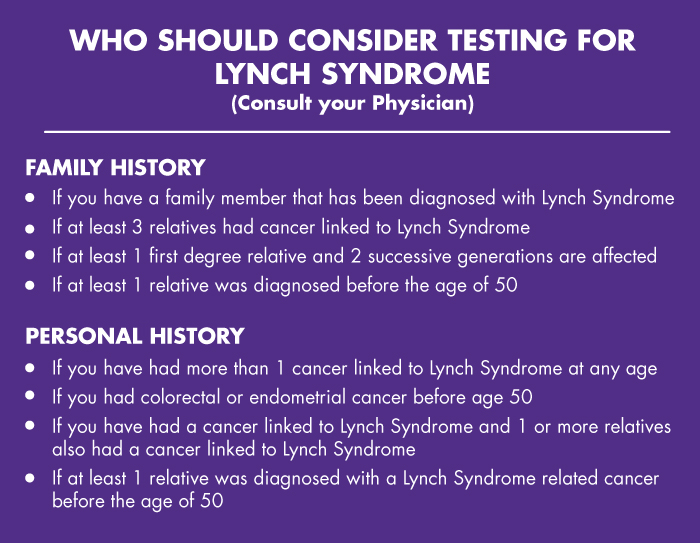
.jpg)
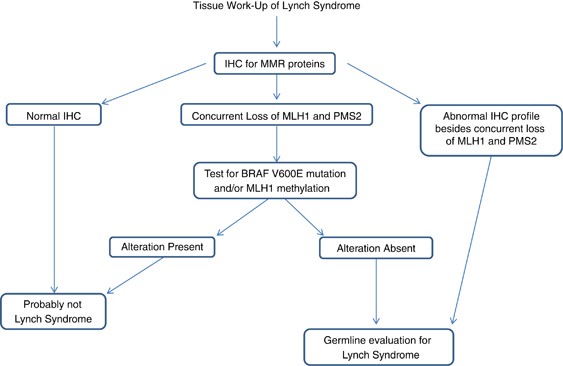





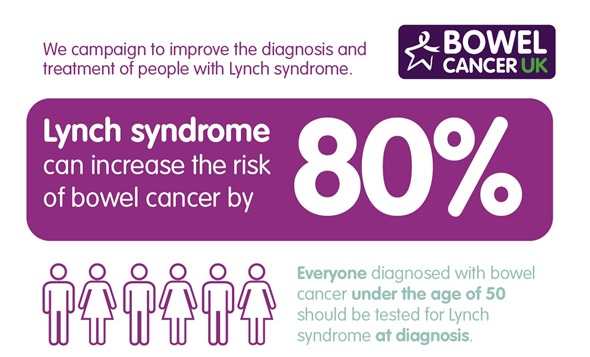

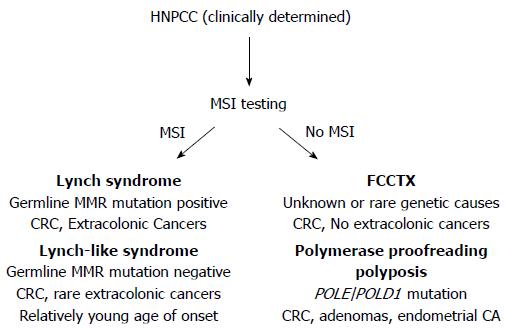

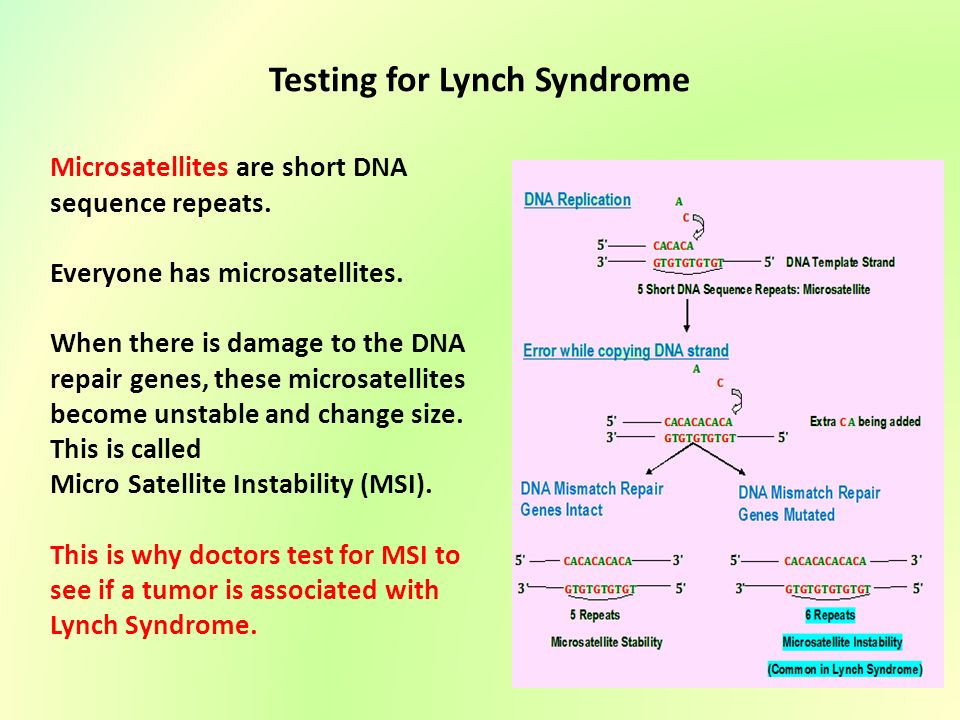

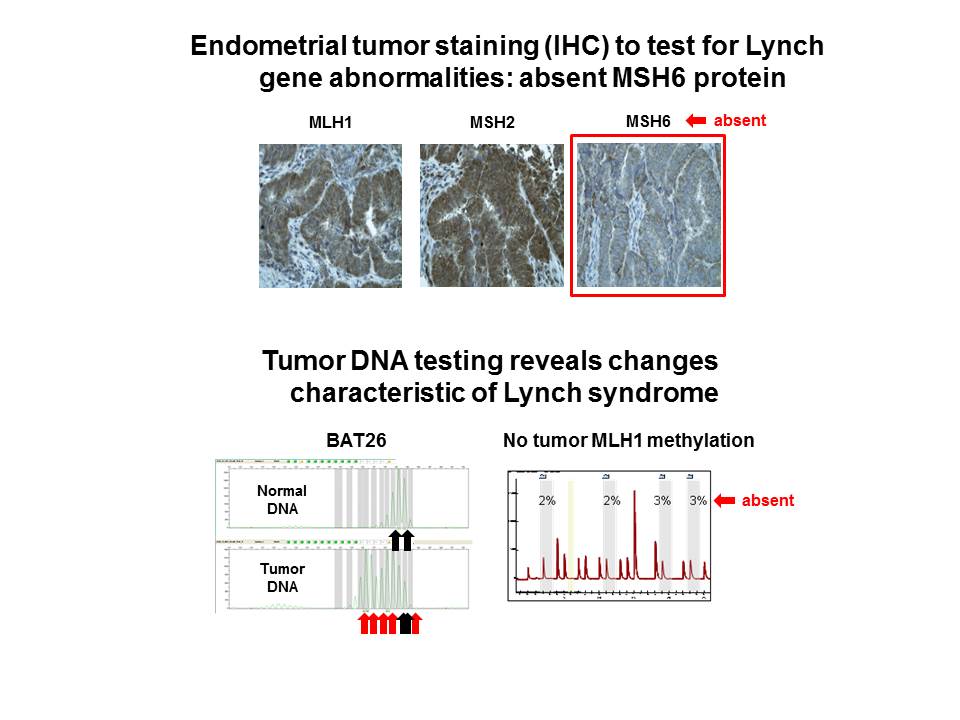

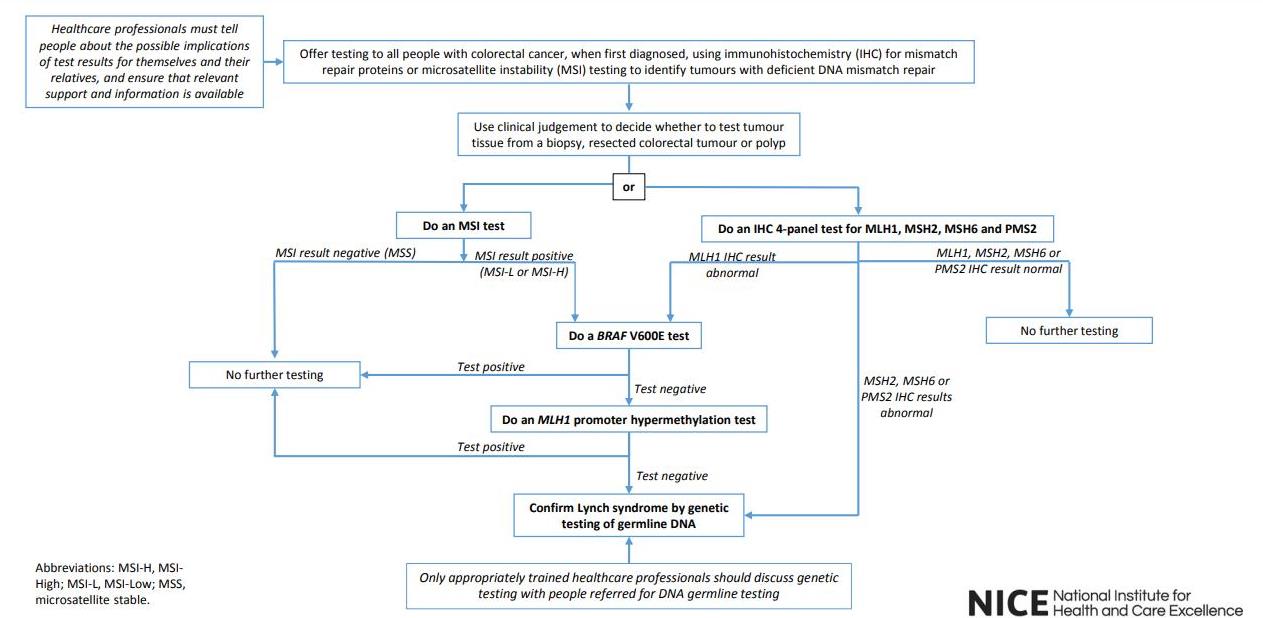


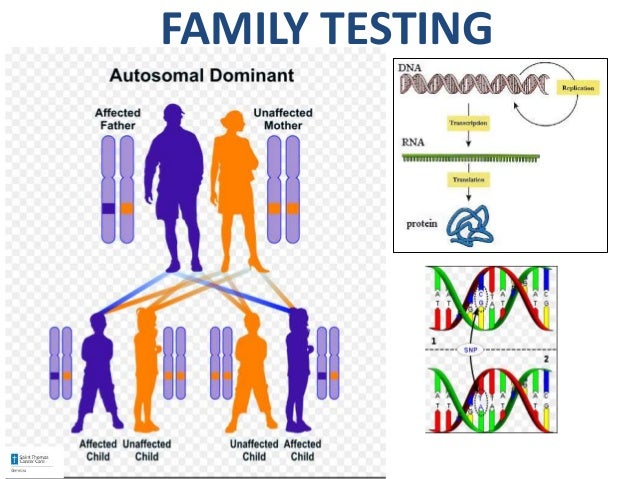
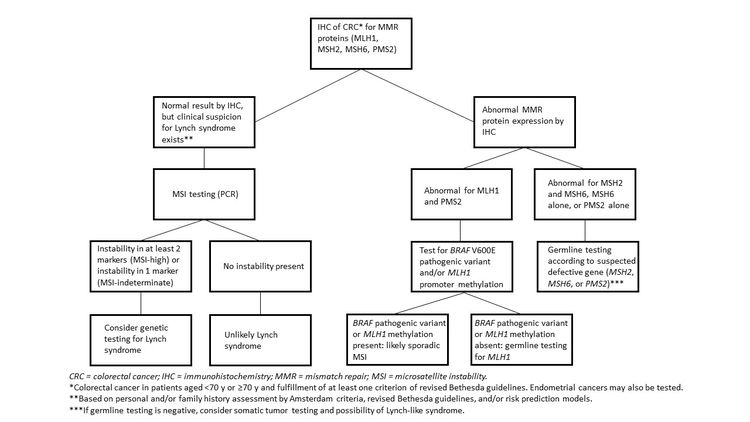


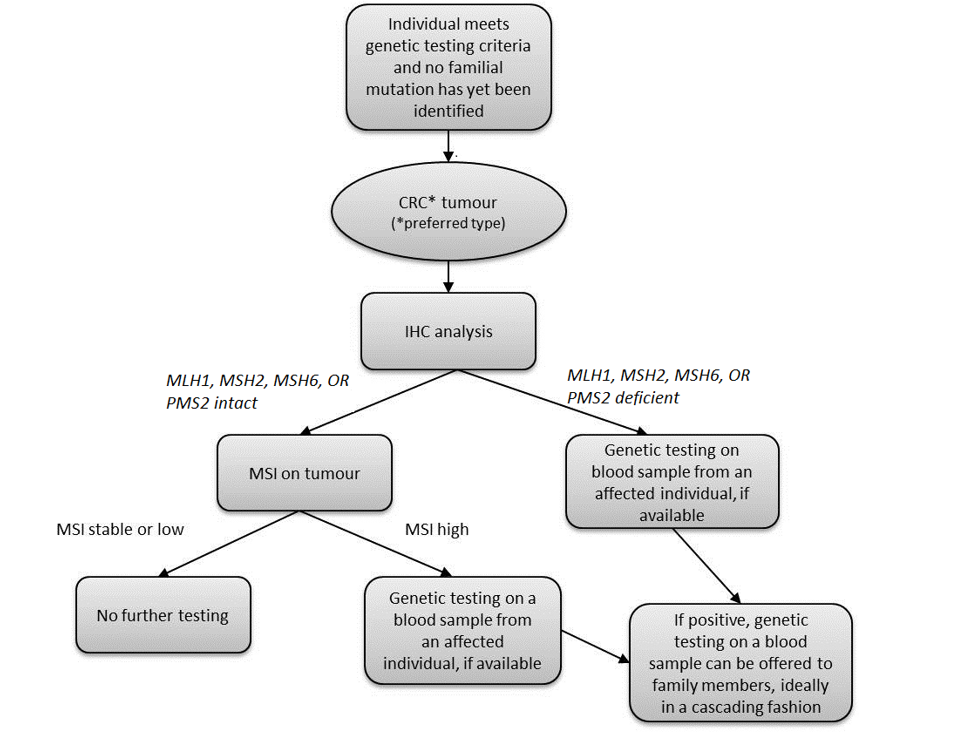
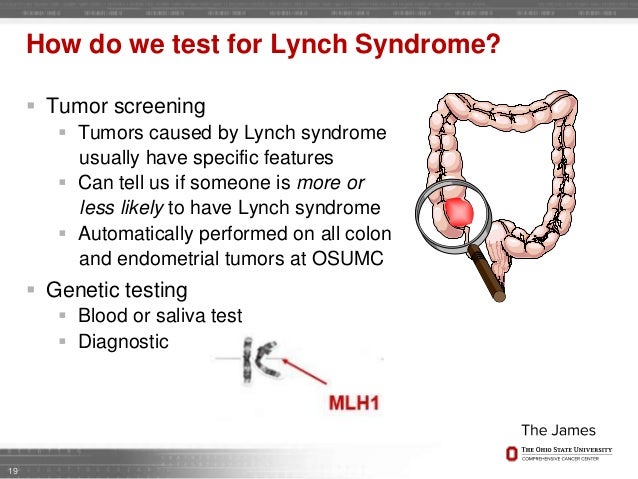





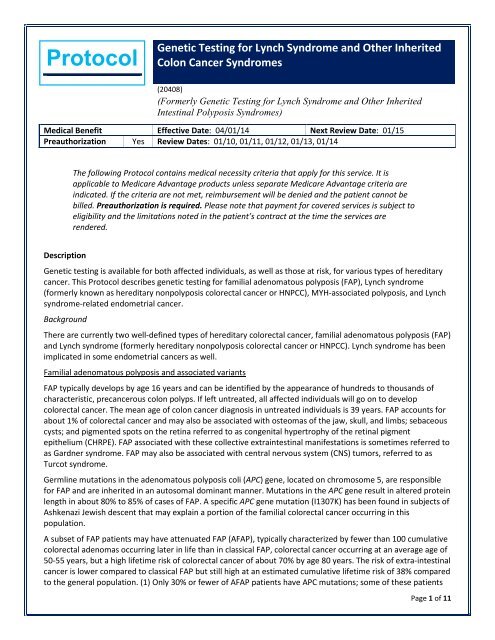


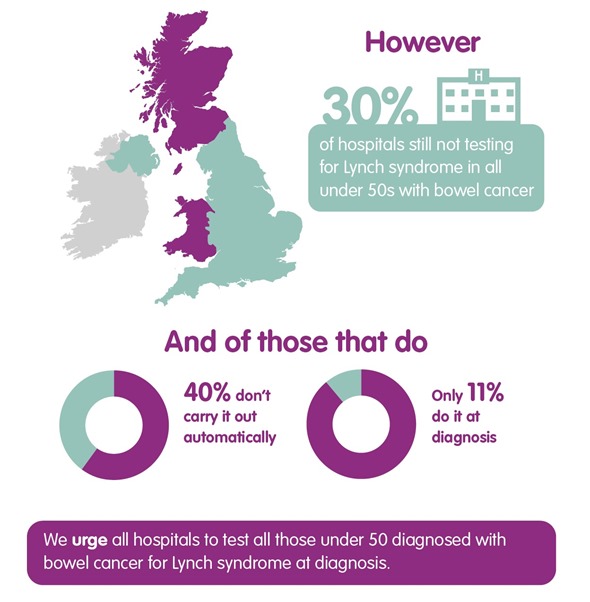




Post a Comment for "How To Test For Lynch Syndrome"